Raccon problem in garden
cosmicbrat
17 years ago
Related Stories
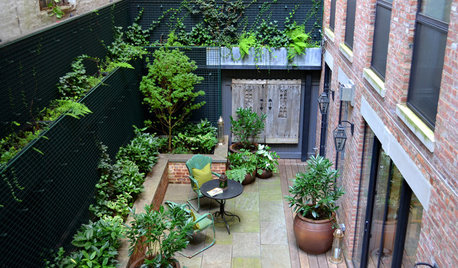
LANDSCAPE DESIGNProblem Solving With the Pros: How to Build a Garden in an Urban Canyon
Skyscrapers, noise and deep shade create an unlikely sweet spot for a timeless green retreat in New York City
Full Story
LANDSCAPE DESIGNProblem Solving With the Pros: A Garden Built From Scratch
Nature is reintroduced and redefined in a Dutch urban setting, to forge a dynamic relationship with city dwellers
Full Story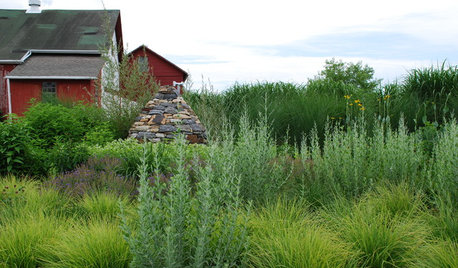
LANDSCAPE DESIGNProblem Solving With the Pros: An Abundant Garden Stretches Its Means
Swaths of resilient, eye-catching plants thrive with little care or resources in the landscape of a Pennsylvania farmhouse
Full Story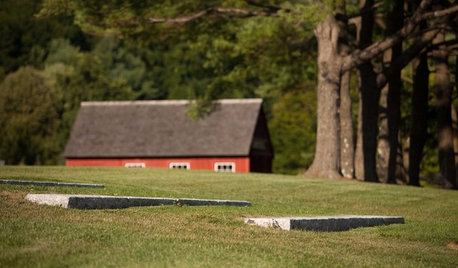
LANDSCAPE DESIGNProblem Solving With the Pros: Rustic Simplicity in a Country Garden
Editing thoughtfully and adding some magic result in a timeless weekend retreat
Full Story
LANDSCAPE DESIGNProblem Solving With the Pros: Sustainable Landscape Captures Runoff
An underground cistern, permeable paving and a rain garden are part of this Washington, D.C. yard's thoughtful design
Full Story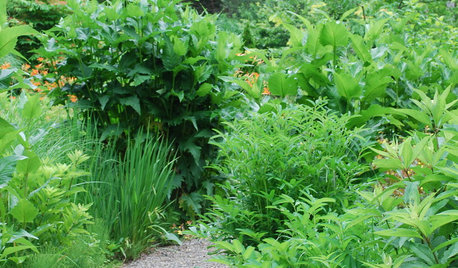
GARDENING GUIDESSolve 3 Common Landscape Problems — With More Plants
Sometimes the best defense is a good offense
Full Story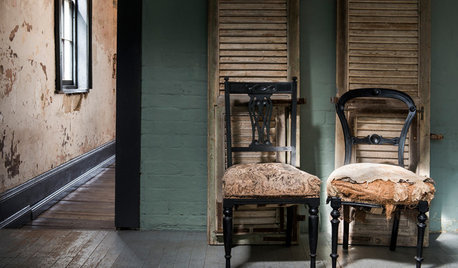
REMODELING GUIDESThe Hidden Problems in Old Houses
Before snatching up an old home, get to know what you’re in for by understanding the potential horrors that lurk below the surface
Full Story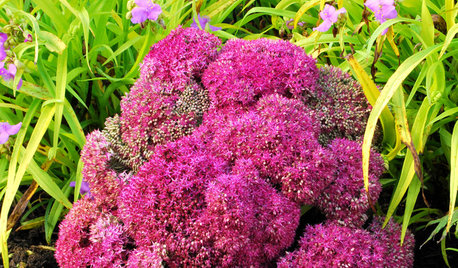
GARDENING GUIDESGreat Design Plant: Sedum (Stonecrop)
Terrific at filling gaps and in a wide range of colors and shapes, sedum is a problem solver in the garden
Full Story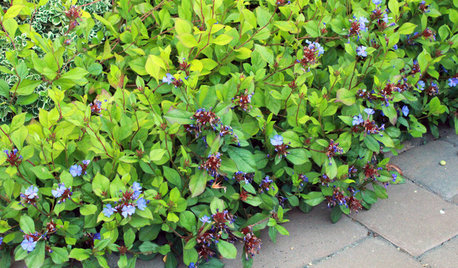
GARDENING GUIDESGreat Design Plant: Plumbago
A multifacted ground cover with an enormous range, plumbago solves landscape problems with panache
Full Story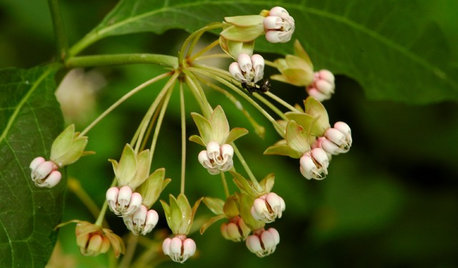
GARDENING GUIDES5 Unsung Wildflowers That Thrive in Dry Shade
Turn shady problem spots into garden idylls with with these prolific, easy-care bloomers
Full StorySponsored
Your Custom Bath Designers & Remodelers in Columbus I 10X Best Houzz
More Discussions







renais
dseerveld
Related Professionals
Lowell Landscape Architects & Landscape Designers · Deerfield Landscape Contractors · El Reno Landscape Contractors · Hilo Landscape Contractors · Lees Summit Landscape Contractors · Nutley Landscape Contractors · Point Pleasant Landscape Contractors · Pueblo West Landscape Contractors · Rockville Landscape Contractors · Sun City Center Landscape Contractors · Waldorf Landscape Contractors · Watertown Landscape Contractors · West Orange Landscape Contractors · Antioch Landscape Contractors · Shafter Landscape Contractorsbuffburd
john9001
Kimmsr